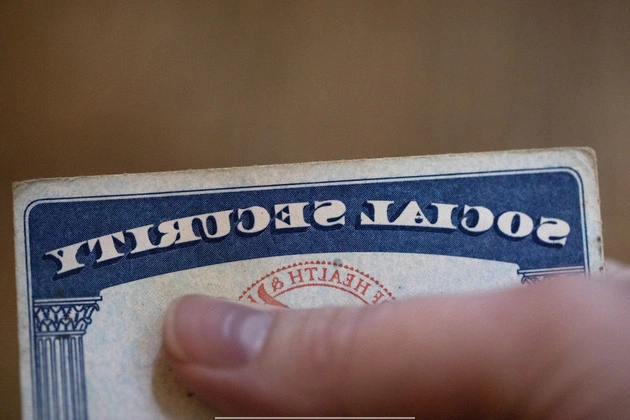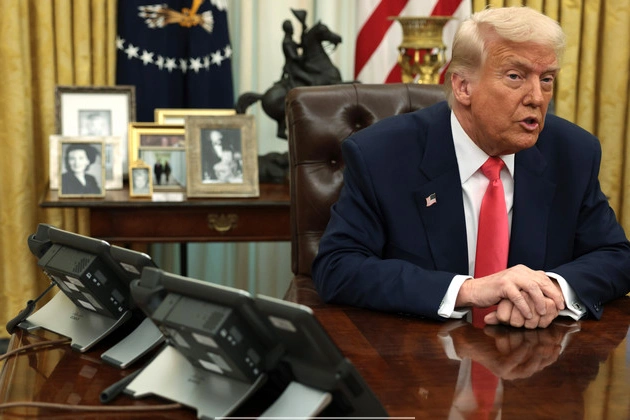
A federal appeals court panel has once again rejected President Donald Trump’s efforts to dismiss a federal official responsible for enforcing workplace protections for federal employees. The D.C. Circuit Court of Appeals voted 2-1 to uphold a temporary restraining order preventing Trump from ousting Office of Special Counsel chief Hampton Dellinger, a nominee of President Joe Biden.
Legal Battle Overview
The case represents an early test of the extent of Trump’s authority, with potential escalation to the Supreme Court. Trump’s swift removal of numerous government officials, including ethics watchdogs, has raised concerns about executive power.
Appeals Court’s Decision
Appointees of Biden, Florence Pan, and J. Michelle Childs, voted against granting relief to Trump, citing procedural reasons. They highlighted the short-term nature of the restraining order, cautioning against disrupting ongoing legal proceedings.
On the other hand, Trump-appointed judge Greg Katsas dissented, emphasizing the unprecedented nature of the directive to reinstate Dellinger. Katsas underscored the significant powers vested in the special counsel role, including enforcing whistleblower protections.
Implications and Future Steps
The ruling has broader implications for similar cases challenging Trump’s actions. Notably, the decision could impact the fate of other officials removed by Trump across government agencies.
The legal battle underscores the clash between presidential authority and statutory limitations, particularly regarding the removal of key officials. The ongoing debate over the scope of the special counsel’s powers adds complexity to the case.
As the legal saga unfolds, the outcome will shape future conflicts between the executive branch and oversight bodies. Stay tuned for further developments in this high-stakes confrontation.















